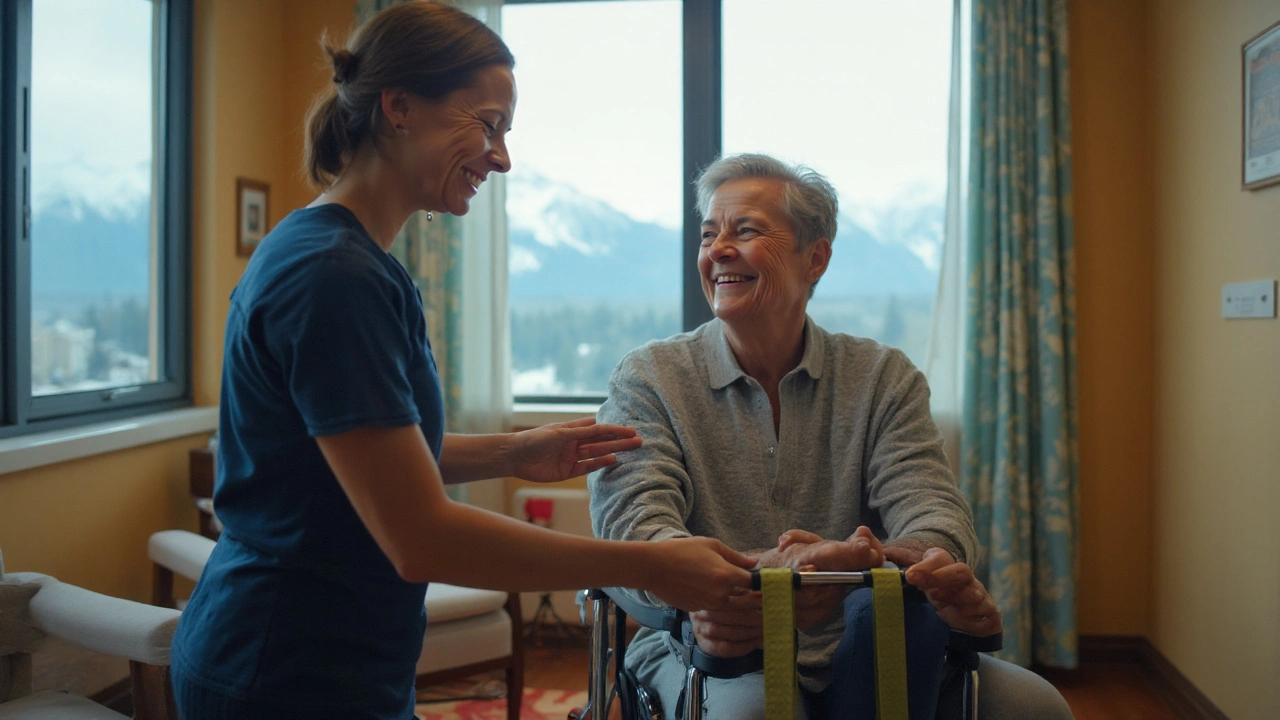Advanced Cancer: Key Facts, Treatment Options, and Support
Facing advanced cancer can feel overwhelming, but knowing the basics helps you stay in control. Advanced cancer means the disease has spread beyond its original site, often requiring a mix of therapies instead of a single cure. The goal shifts from eradicating every cancer cell to slowing growth, easing symptoms, and preserving quality of life. Understanding this shift is the first step to making informed choices.
Understanding Advanced Cancer
When cancer spreads, doctors call it metastatic or stage IV. It doesn’t mean hope is gone—many patients live months or even years with manageable symptoms. Scans, blood tests, and regular check‑ups track how the cancer behaves, allowing treatment plans to adapt quickly. You’ll hear terms like "systemic therapy" (treatment that travels through the bloodstream) and "localized therapy" (targeted at a specific area). Knowing the difference helps you ask the right questions at appointments.
Choosing the Right Treatment Path
Options fall into three main groups: disease‑directed therapies, palliative care, and clinical trials. Disease‑directed therapies include chemotherapy, targeted drugs, immunotherapy, and hormone therapy. Each works in a unique way—chemo attacks fast‑growing cells, targeted drugs lock onto specific cancer mutations, and immunotherapy trains the immune system to fight the tumor. Your doctor will match the best mix to your cancer type and overall health.
Palliative care isn’t just end‑of‑life support; it’s a team‑based approach that eases pain, nausea, breathlessness, and emotional stress. Even if you’re still receiving active treatment, a palliative specialist can improve daily comfort. Ask for a referral early—you’ll often find better symptom control and less hospital time.
Clinical trials offer access to the newest therapies before they’re widely available. They’re not experimental in the scary sense; many trials compare a new drug to the current standard, and you receive close monitoring. If you’re eligible, discuss the trial’s purpose, side‑effects, and any extra visits required.
Practical steps to stay on top of care include keeping a symptom diary, organizing medication lists, and designating a trusted family member to help with appointments. Many online pharmacies, like Canada Pharmacy Store, provide clear guidance on buying generic versions of supportive meds—think anti‑nausea pills, pain relievers, or skin creams—so you can manage costs without sacrificing safety.
Finally, remember you’re not alone. Support groups, both in‑person and online, let you share experiences and coping strategies. Counseling, nutrition advice, and gentle exercise programs can all boost energy and mood. By combining medical treatment, palliative support, and personal care, you give yourself the best chance to live well, even with advanced cancer.
How Physical Therapy Boosts Quality of Life for Advanced Renal Cell Carcinoma Patients
-
Written by Clarissa Farnell
25/ 09
Discover how targeted physical therapy improves function, eases pain, and lifts quality of life for patients battling advanced renal cell carcinoma.
